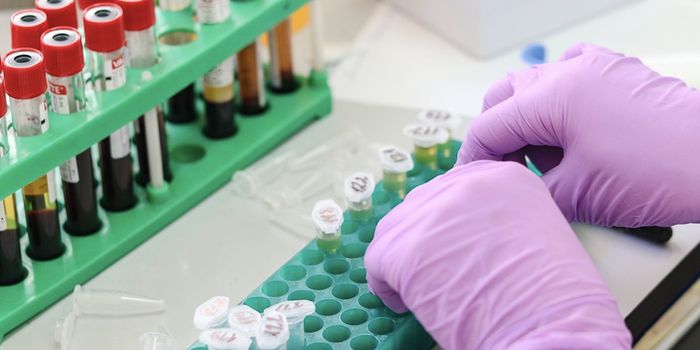The Wearable that Spots Early Signs of Alzheimer's
Since 2000, the prevalence of Alzheimer’s has increased by almost 90%. With an estimated 5.8 million Americans suffering from the disease, the Early Detection of Neurodegenerative diseases (EDoN) is developing wearable technology capable of diagnosing it years before symptoms begin.
Although cognitive tests currently exist to detect the disease, they suffer from many limitations such as an inability to detect the disease at early stages, the potential to be “learned” thus making repeat testing ineffective, and their need for subjective analysis. Although brain imaging techniques may provide more concrete and consistent results, they are nevertheless costly and invasive, meaning they are inaccessible for the vast majority of those suffering from the disease.
Researchers at EDoN thus feel that wearables may be a better solution. Not only may they more consistently monitor patients and provide objective results, they are also not invasive and provide little or no extra burden on the healthcare system. Working by retrieving information about the user’s gait, movements, heart rate, sleeping patterns, eye movements etc. over time to notice any changes indicative of impending dementia, wearables may more accurately predict the onset of the disease than current methods.
Lynn Rochester, a researcher at Newcastle University Human Movement Science said, “Free-living gait analysis at home is particularly useful as it allows objective observation of an individual's day-to-day activity. It also has the benefit of providing continuous data over a prolonged time that may be more sensitive than one-off assessments.”
Over time, the researchers hope to combine findings from concurrent, ongoing studies looking at different aspects of detecting Alzheimer’s disease from wearable technology- be it via one’s gait, eye movements, fine motor skills or other metrics. Once combined, they intend to use machine learning technology to crunch the data and build a prototype over the next three years to begin diagnosing dementia early on from multiple, noninvasive data points.
Chris Holmes, health programme director of EDoN, said, “"Artificial intelligence has the potential to transform the learning opportunities from large-scale data studies such as Edon by integrating information from multiple sources. We will use AI to deliver new insights into the early signals of disease by combining digital data measurements with traditional sources such as brain imaging and memory tests."
Sources: News Medical, EDoN Initiative and BBC









